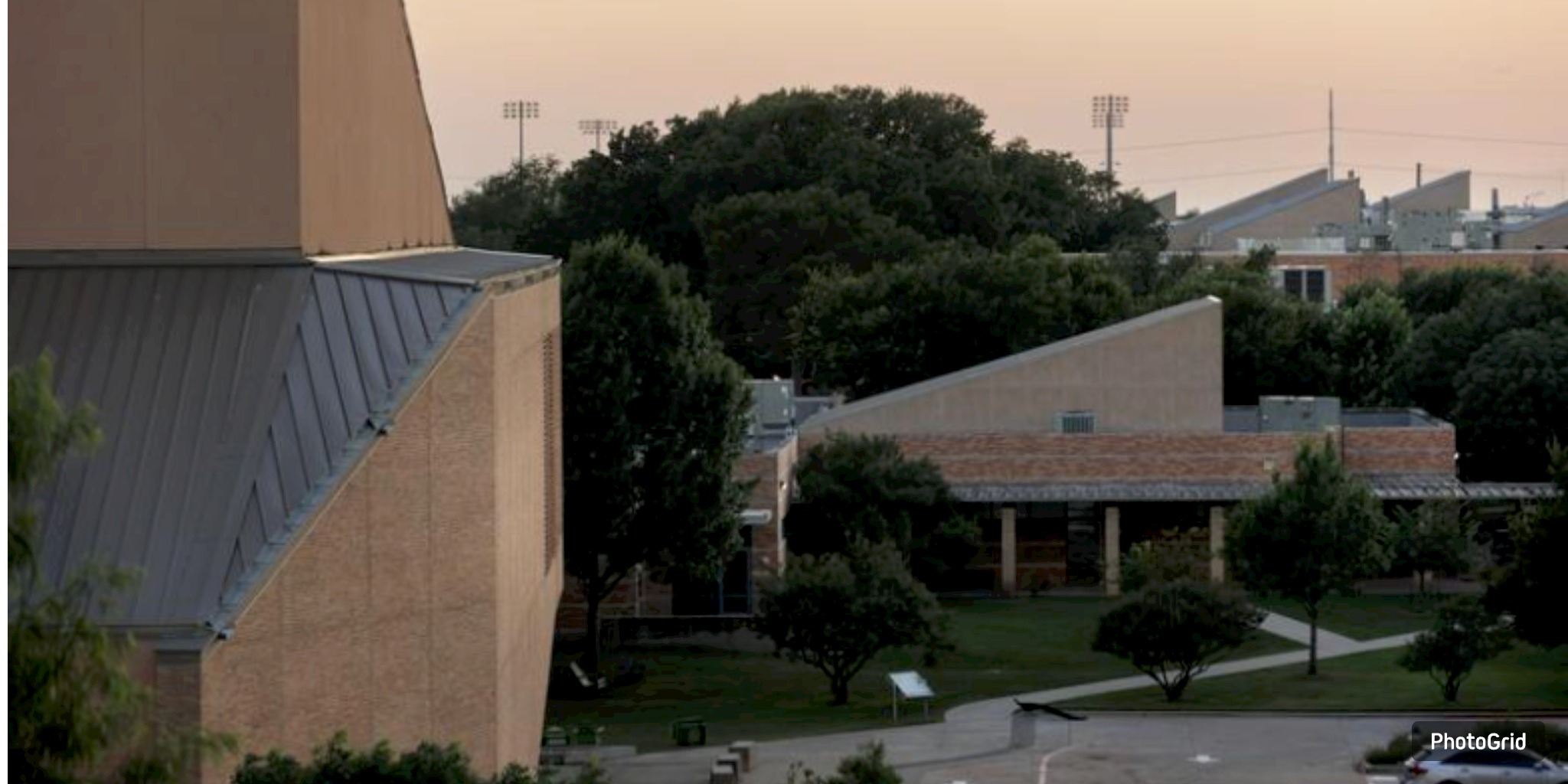A joint investigation by ProPublica and The Texas Tribune uncovered more than 60 cases of nepotism, self-dealing, and conflicts of interest at Texas private schools—conduct that would be illegal in public education. Lawmakers are now preparing to channel over $1 billion in taxpayer money to these largely unregulated institutions.

In Texas, many private schools have engaged in practices such as hiring family members, directing profitable contracts to insiders, and providing substantial personal loans to their leaders. If these actions were taking place within public schools, they would violate state regulations. Shortly, they will qualify for over $1 billion in taxpayer dollars, accompanied by minimal new accountability measures.
A collaborative inquiry conducted by ProPublica and The Texas Tribune has examined the nonprofit tax filings of 90 of Texas's most prominent private educational institutions. Investigative findings reveal over 60 instances of nepotism, self-dealing, and conflicts of interest spanning 27 institutions. Three education law experts have corroborated these patterns, suggesting probable violations of public-school standards.
A recent examination uncovered a Houston school that, for an extended period, exclusively selected married couples for its board positions. Additionally, it revealed that schools in the Dallas area have granted over $7 million in contracts to board members. Furthermore, at least seven private schools have provided personal loans of $100,000 or more to their leaders without revealing the terms of these loans.
Public and charter schools prohibit such arrangements. Legislation restricts family members from holding positions on the same boards, prohibits public school administrators from employing their close relatives, and disallows the allocation of taxpayer money for personal loans. Consequences for violations may include monetary penalties, ousting from one's position, or potentially facing felony charges.
However, private schools function under significantly fewer limitations. Despite claims by Gov. Greg Abbott of implementing “strict financial requirements” for the state's new voucher program, the legislation notably lacks provisions to prevent conflicts of interest or nepotism.
Oversight will primarily be in the hands of private accrediting agencies, many of which do not have stringent auditing requirements and adhere to governance standards that are less rigorous than those imposed by the state on public education.
Vouchers argue that the market, not the government, should hold private schools accountable. “By converting private schools into public institutions and enforcing the same regulations, you effectively eliminate the private aspect,” stated Patrick Wolf, an education policy professor at the University of Arkansas. He contends that unhappy parents have the option to pull their children out and take their tuition funds with them.
Opponents argue that this line of thinking overlooks the public's interests when taxpayer funds are at stake. “It’s impossible to have the resources without the necessary regulations,” stated Sarah Powell, a parent from the Dallas area. Most parents feel that this situation is simply unjust.
Starting next year, Texas will launch its voucher plan, positioning itself among the most significant initiatives of its kind in the country. The question of whether private schools that accept public funding will be required to disclose their financial practices remains uncertain, leaving many taxpayers in the dark about how their money is being used.
.jpg)
Early voting for the March 3, 2026 Texas primary runs Feb. 17-27. Houston-area voters will decide key federal, statewide and local races, including a high-profile U.S. Senate contest and the open Harris County judge seat.
.jpg)
Federal officials temporarily shut down air traffic at El Paso International Airport after the Pentagon allowed Customs and Border Protection to deploy an anti-drone laser near Fort Bliss, according to two people familiar with the matter. The closure lasted only hours, but it stranded travelers and raised new questions about coordination between defense and aviation agencies.
.jpg)
Houston has already recorded six 80-degree days in 2026, and forecasters expect more this week as a February heat ridge pushes temperatures 15 degrees above normal. While daily records are unlikely to fall, highs could approach longstanding marks set in the 1960s.